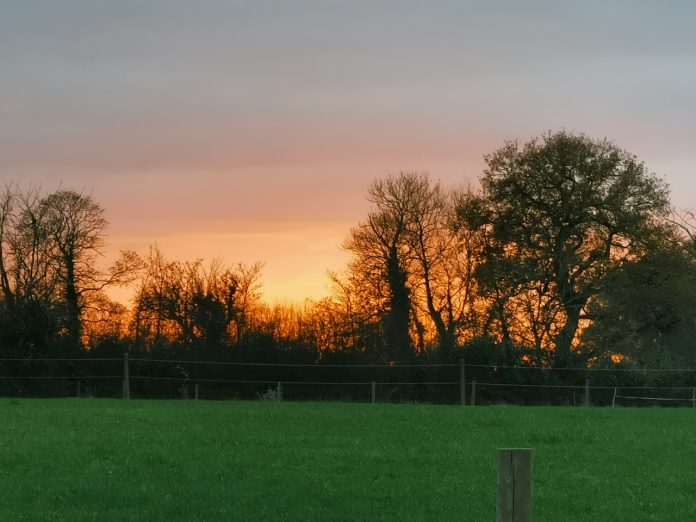Loss of nature lcould pose a greater risk to Britain’s economy than the COVID-19 pandemic and wipe £300 billion off the country’s economic growth if measures are not taken to slow it according to a report out today.
The Green Finance Institute said that it could slow growth by as much as 12% in the 2030s
The report finds that Nature-related risks are as detrimental to the economy as those from climate risks.
Yet, while the economic costs of climate change are becoming increasingly accepted, the risks posed by nature degradation amount to a material cost that has not been sufficiently factored into financial and business decision-making.
This is leaving the economy and financial sector exposed, while these risks continue to rise unchecked. The UK is one of the most nature-depleted countries in the world – three quarters of the UK has a high level of ecosystem degradation, with risks to financial services and the wider economy as a result. The analysis shows however, that half of the UK’s nature-related financial risks originate overseas.
Some sectors in particular face higher levels of nature-related financial risk. Highlighted in the analysis are agriculture, manufacturing, and utilities. For example, the agricultural sector faces risks associated with water, climate regulation, soil quality, and pollution which could impact food production.
The utilities sector is dependent on surface water for cooling power stations, and any constraint in water supplies could impede production and raise energy prices.
These impacts on the real economy will also have a material financial impact on banks and other financial institutions. The analysis estimates that some banks could see reductions in the value of their domestic portfolios of up to around 4 – 5% in some cases. Noting that these estimates are likely to be conservative, this indicates that nature-related risk will not just impact the economy, but potentially financial resilience.
Rhian-Mari Thomas OBE, Chief Executive Officer of the Green Finance Institute, said:
“For the first time, we now have the empirical evidence that nature-related risks are having a significant material impact on our economy and financial system. Not only that, but the impacts of these nature-related risks are commensurate with, and exacerbate climate-risks. This is a decisive moment and shows that we must start integrating these
nature-related risks into financial risk management and investment decisions – to both reduce exposure and transition our economy to one that invests in the natural environment.”
Emma Howard Boyd CBE, Chair of the Green Finance Institute, said:
“In 2023, research in the US showed that ChatGPT uses around half a litre water every time you ask it 5 to 50 questions. Stories like that demonstrate how reliant we are on nature, even when we feel far removed from the natural world.”
“Today’s report led by the Green Finance Institute quantifies for the first time that the material risk that the economy faces from nature degradation and shows how much the UK’s economic resilience and financial stability rests on ecosystems. I hope these findings operate as a vehicle for change for business, finance,policymakers and consumers. We all need to transform our relationship with nature at pace.”







